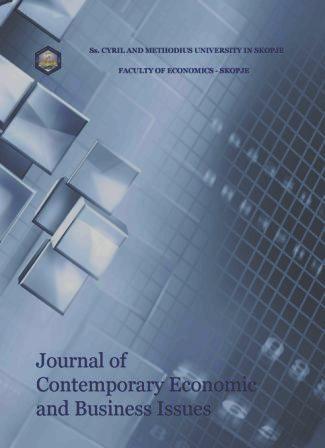KINDLEBERGER AND MACROMANAGEMENT
Keywords:
development, competitiveness, balance of payments, passive economic policiesAbstract
The idea of the relation between the economic development level and the balance of payments position is not a new one. Yet, this idea was formalized for the first time in the early 1960s by Charles Kindlеberger in the form of the balance of payments evolution scheme. Although this is a rather “old” concept, all the aspects of this theory and all the possibilities for its usage have not been exhausted yet. For example, this theory explicitly includes an interesting (and provocative) idea that the underlying point of development, the point that separates developed economies from underdeveloped economies is actually the moment when a country reaches the full coverage of imports by exports. More implicitly, in the manner of a genuine liberal, who Kindleberger certainly was, this theory suggests the implementation of passive (pro-liberal) economic policies. This, in combination with our research on possible ways of measuring the level of economic development, has led us to the idea that, in circumstances of relatively liberal3 trade, the level of development and level of competitiveness could be measured by the export/import indicator. In the work we will show that this idea is not generally accepted, but still worth researching. Our intention with this work was to show that countries in South-East Europe, although facing serious economic difficulties, are developing and improving their competitiveness position in time, and to try to predict, for each country, the time when that country will join the club of lesserdeveloped, but yet developed countries. This would have reflections in the assessment of the adequacy of the economic polices implemented in those countries during the last twenty years, i.e. the quality of macromanagement in these countries.
References
Downloads
Published
Issue
Section
License
Authors retain copyright of the published papers and grant to the publisher the non-exclusive right to publish the article, to be cited as its original publisher in case of reuse, and to distribute it in all forms and media.
Authors are permitted to deposit publisher's version (PDF) of their work in any repository, personal and institutional websites, but full bibliographic information (authors, titles, volume, issue etc.) about the original publication must be provided.

